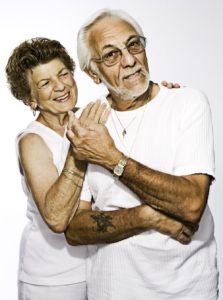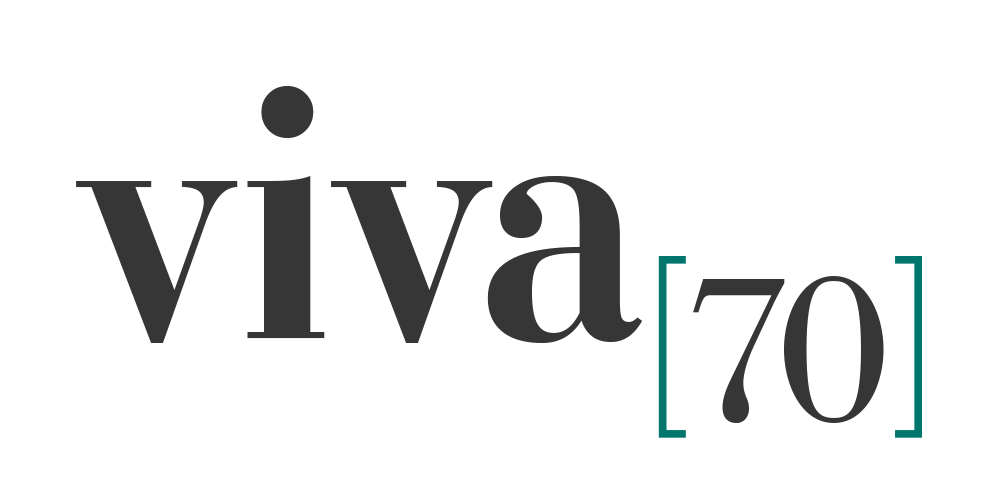
Ageing takes courage, confidence, resilience and a strong voice.
Mary Anne Radmacher wrote a lovely book “Courage Doesn’t Always Roar” in which she said
“Courage doesn’t always roar. Sometimes courage is the little voice at the end of the day that says I’ll try again tomorrow.”
Ageing takes courage because life’s events can be unexpected and out of our control. Our bodies wear out. The medical profession talks at us. We hear of people dying unexpectedly. The roof leaks, the hot water system suddenly blows up and we now live more frugally so this is serious stuff. Looking in the mirror I don’t see Helen Mirren but an older woman I choose not to acknowledge some days. We all know the territory of ageing, we are just travelling in different parts of the mountain range.
So where do we find this courage? In respecting ourselves and making the decision to be the author of our own lives as much as possible. Life will deliver the tough stuff but we have the life experience, intelligence and strength to make good decisions and live consciously in our older age. We have had challenges before and we are still here. A strong voice comes from thinking things through and asking questions like
- Is this good enough for me?
- Does this fit my image of myself as an older person and the way that I want to live?
- Are there options that I have not yet explored?
- What would I say (politely and respectfully but firmly) if I had the courage to voice my needs and wants?
It takes confidence and resilience to be noticed. It takes a strong voice sometimes to ask the doctor to provide more information, speak more slowly or provide a range of options not just one solution. It takes confidence as a single older person in a restaurant to ask for a table with a sea-view and away from the kitchen and toilets. It takes confidence to ask the family for help when you have always been the one supporting them.

How do we develop or strengthen these personal characteristics of courage, confidence, resilience and a strong voice?
Three particular ways come to mind.
Firstly, prepare. If you have an important meeting with your doctor prepare the questions you have to ask. Book a double length appointment if this is possible. Practice saying phrases like “I wonder if you could explain that once again. I’m not familiar with some of the medical terms. Thank you.”
Secondly, practice. When we have conversations with someone we set up a script structure for the conversations and usually we expect the same script structure each time we meet this person. What this means is …we talk about the weather. Then I say things for a specified amount of time. Then the other person speaks for a certain amount of time. Decisions are made etc. When you use your confident voice for the first time you are changing the script! Expect some confusion and perhaps a variety of responses. But don’t give up. Changing the shape of conversations can take time and may not be all smooth and cheery but keep practising and shift the expectations for future conversations. You’ll develop greater strength and confidence one conversation at a time.
Finally, review each day where you showed courage, confidence, a strong voice and resilience. Do some self- coaching! How did it go? What did you do well? What would you do differently?
Ageing well is a learned set of behaviours. Life has given us a solid foundation of skills and insights. The older years demand we continue learning and add to our toolkit for a rich, joyful and good life – at any age.
